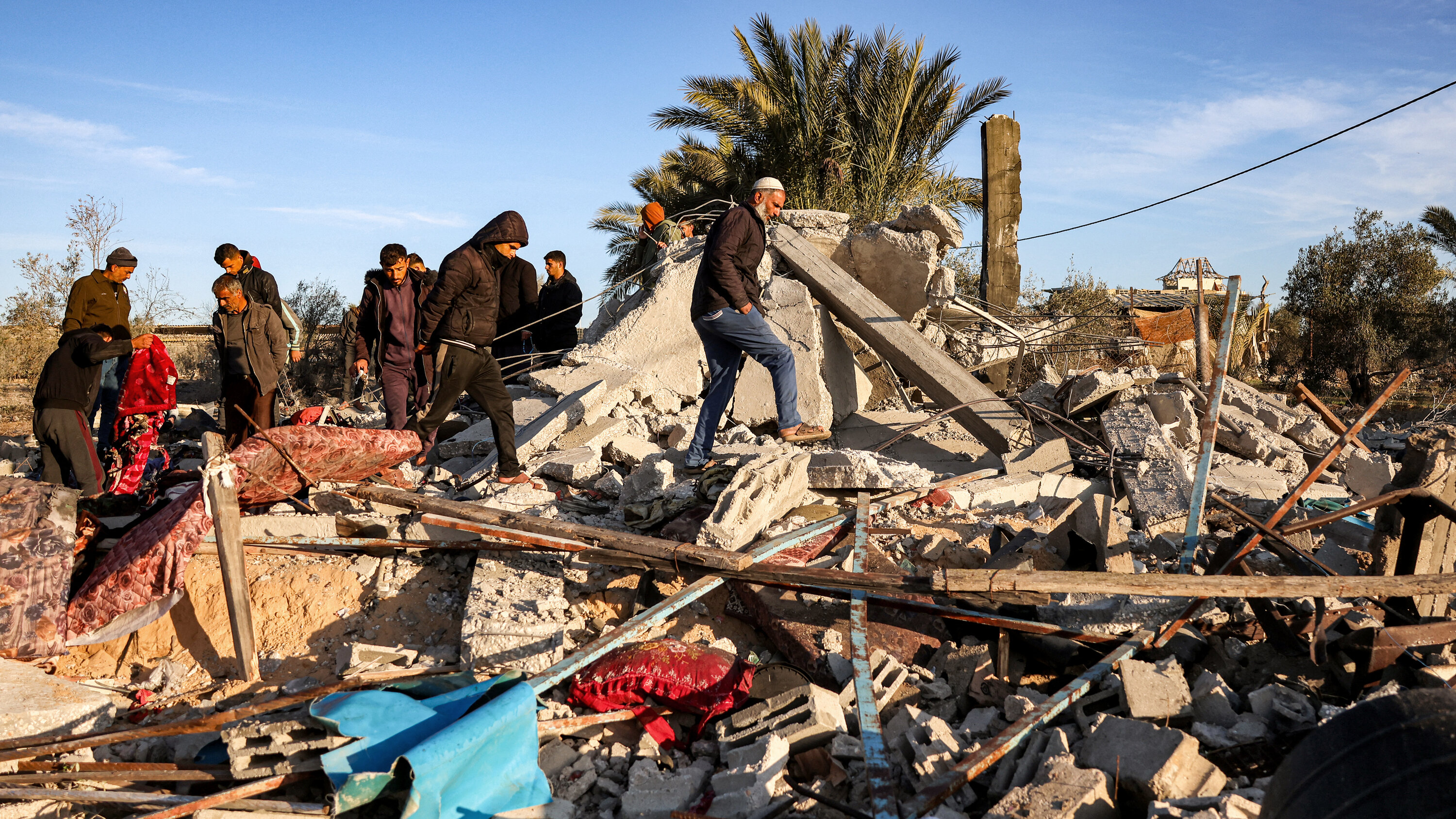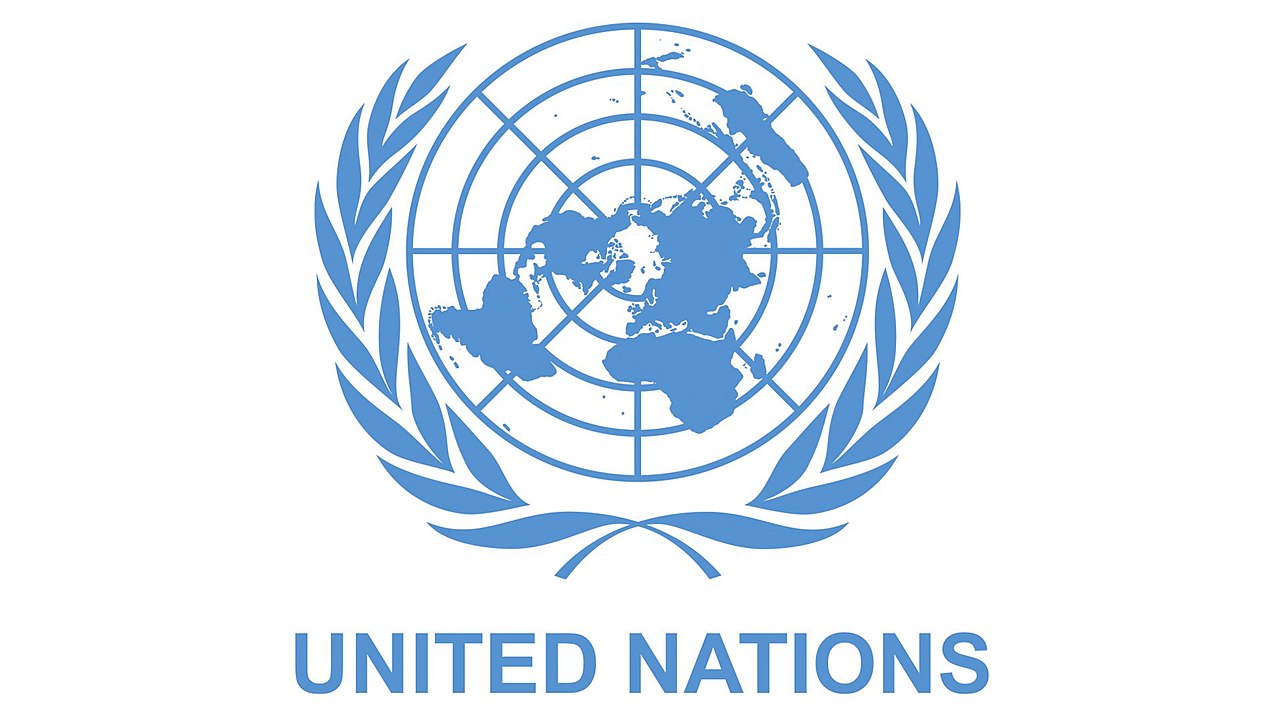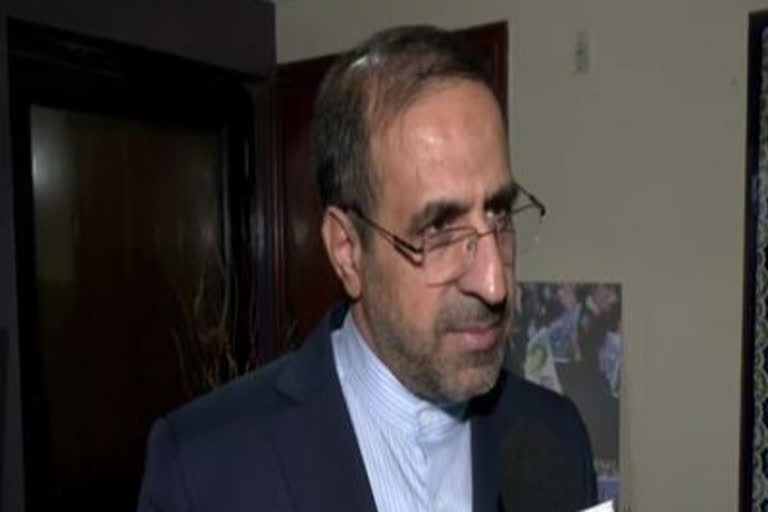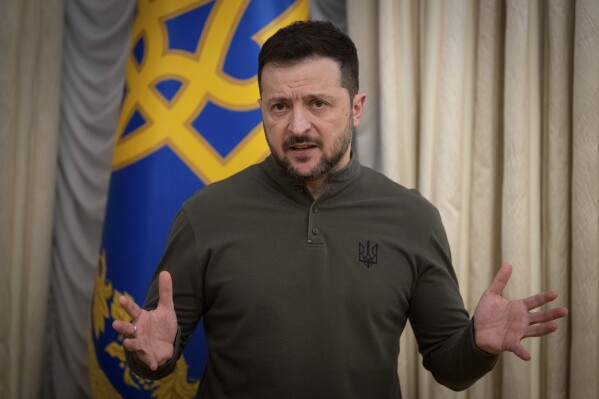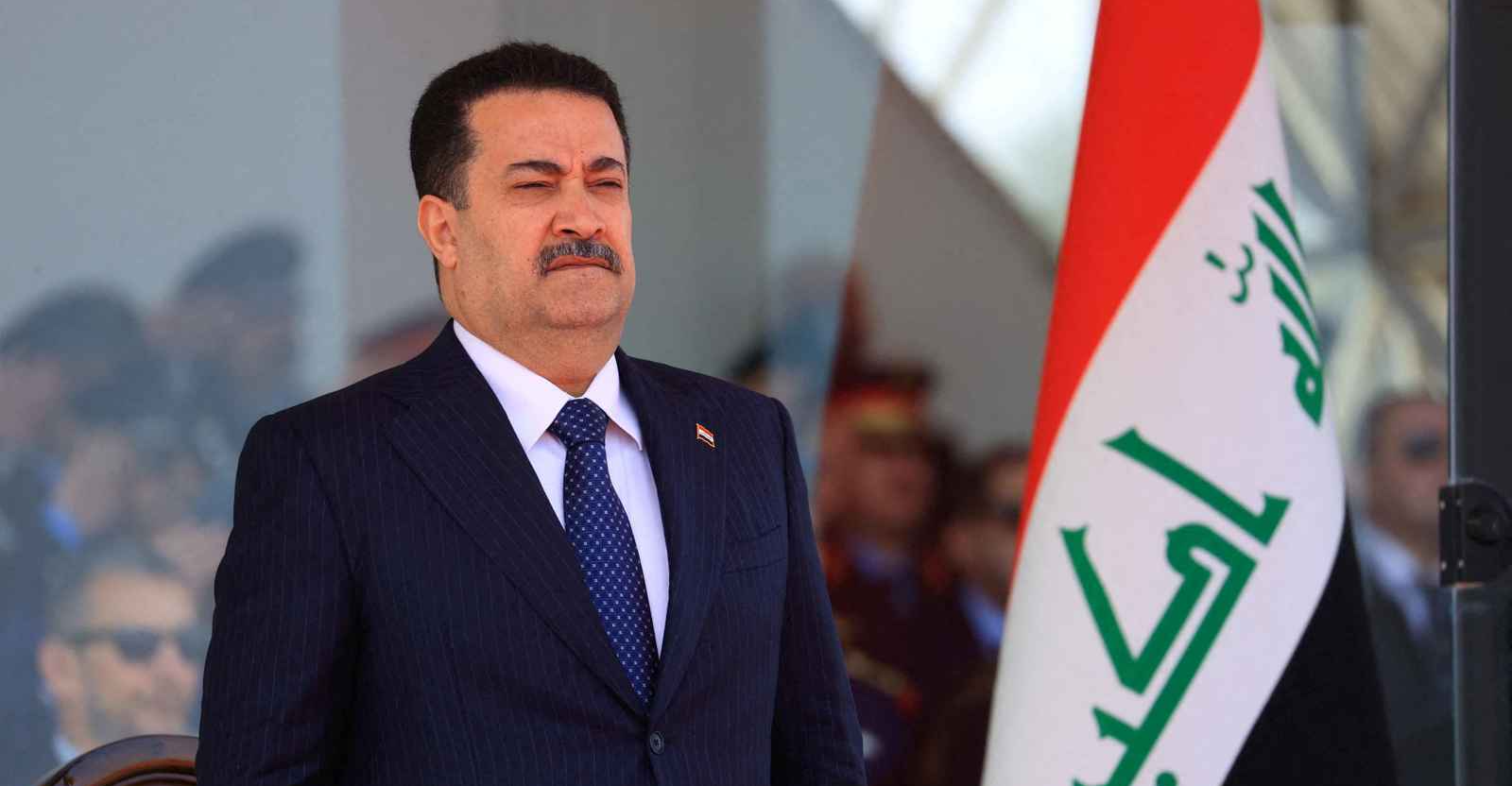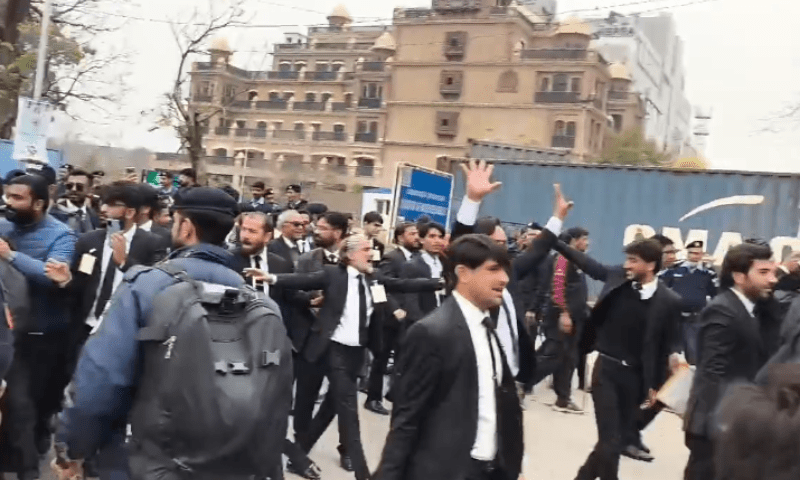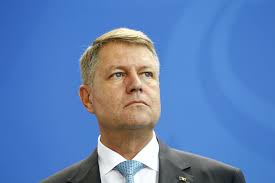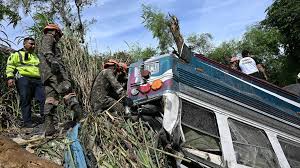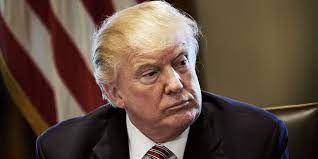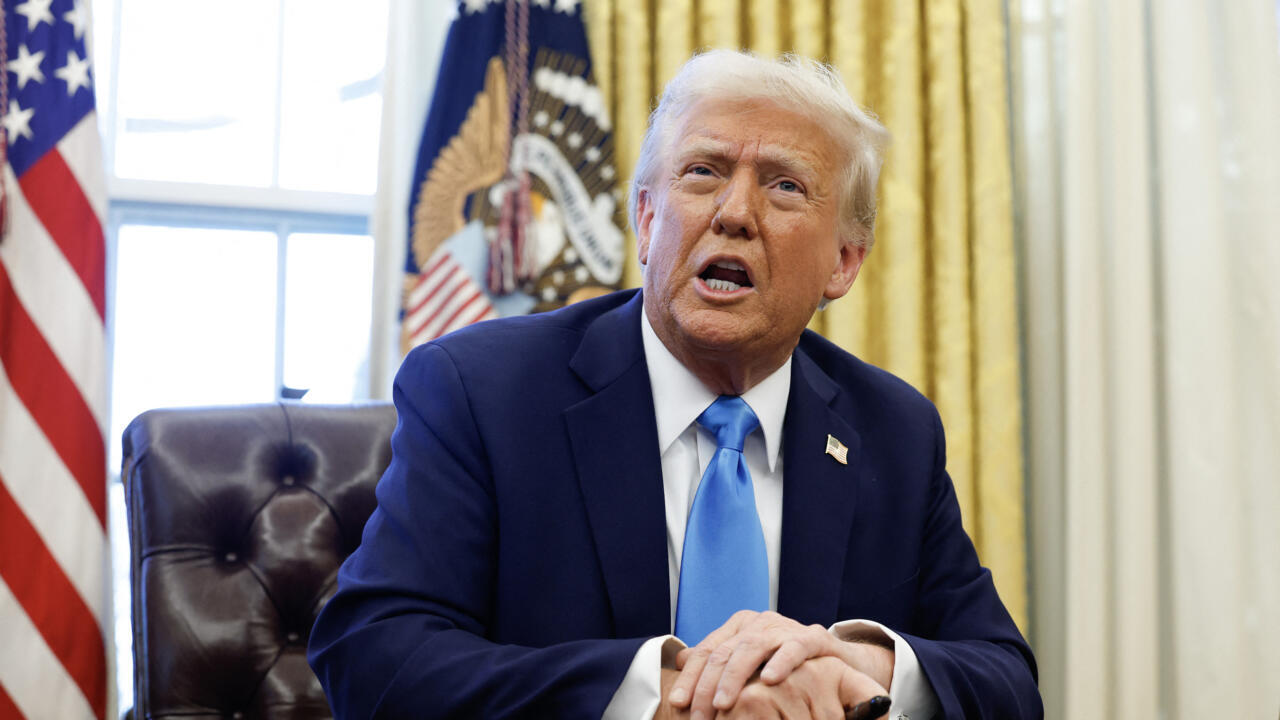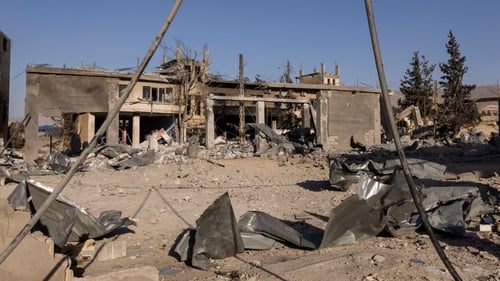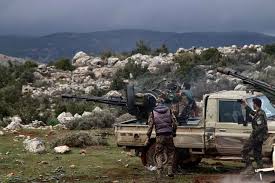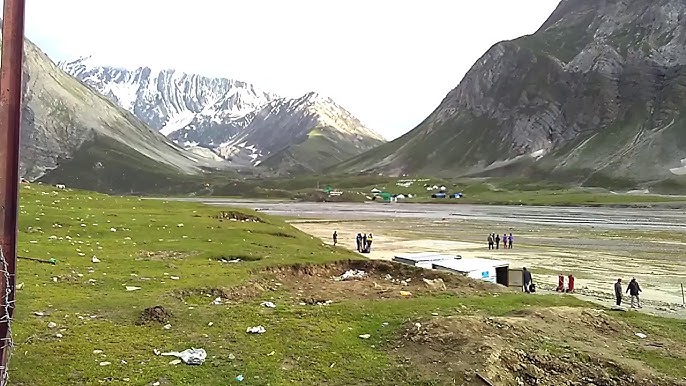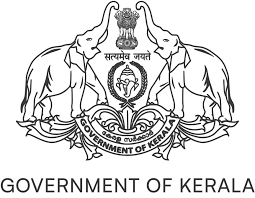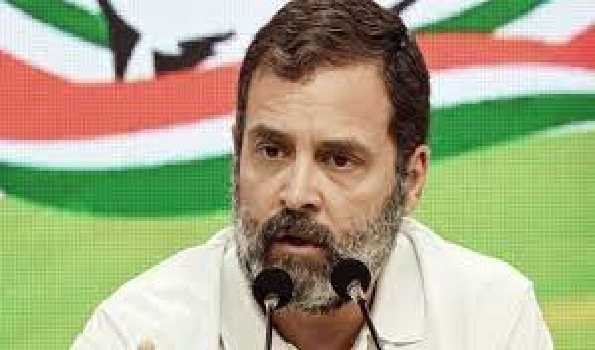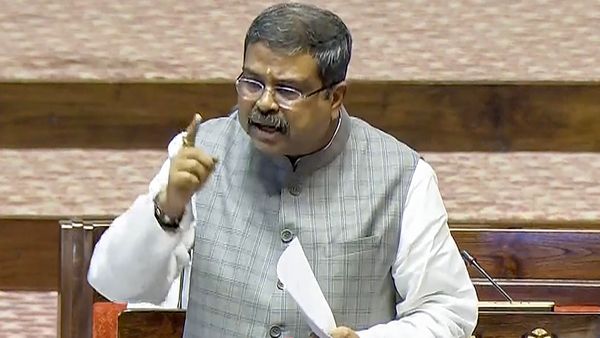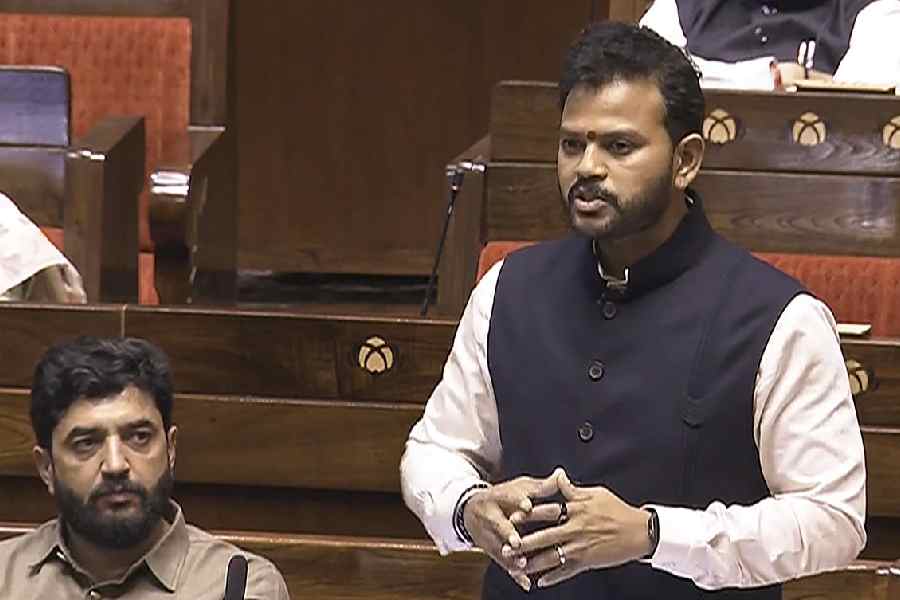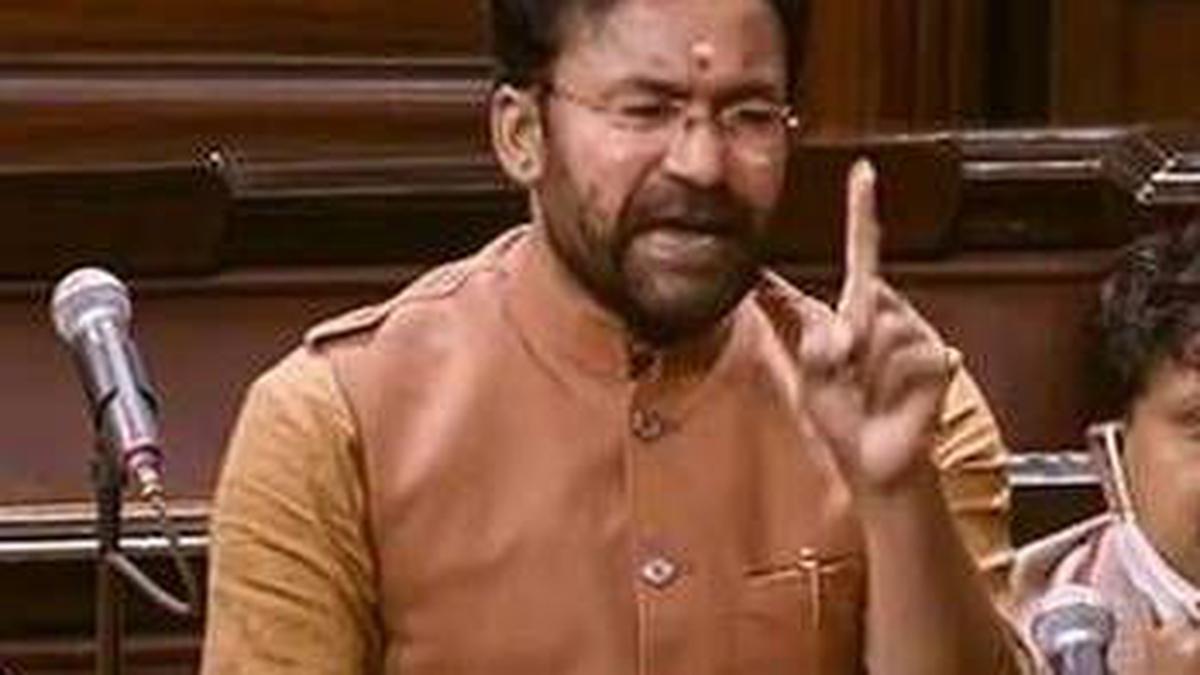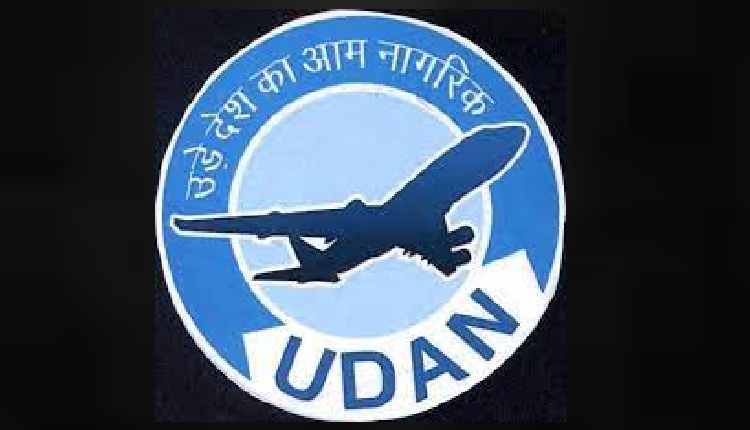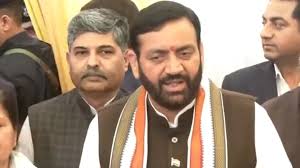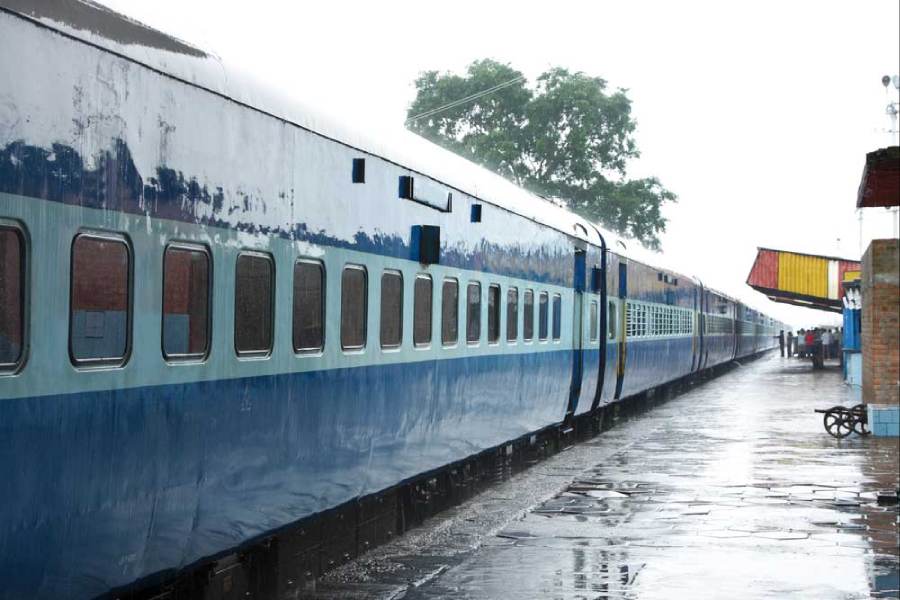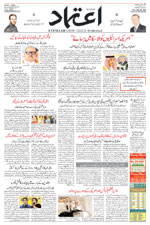Air strikes pound Syria's last rebel strongholds killing 29 in Ghouta suburb
Tue 06 Feb 2018, 11:29:07
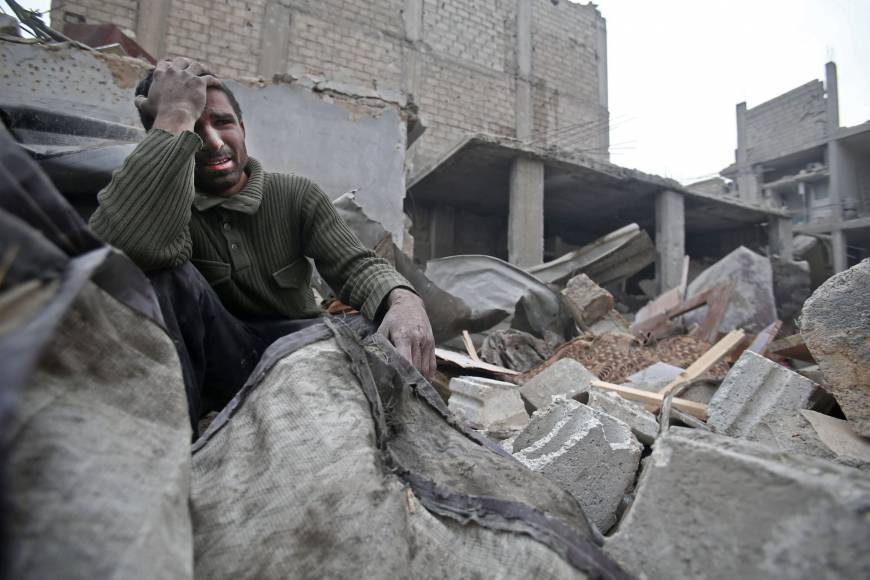
In Syria, warplanes launched heavy attacks on the two last major rebel-held areas, killing at least 29 people in the Ghouta suburb near the capital and choking people with gas in Idlib in the northwest. President Bashar al-Assad's government has vowed to retake all of Syria from rebels who have lost large swaths of the territory they have held in a war now entering its eighth year.
A years-long siege on the last major rebel-held area near the capital Damascus, the suburb of eastern Ghouta, has tightened in recent months.
The Britain-based Syrian Observatory for Human Rights monitoring group said warplanes attacking eastern Ghouta near Damascus had struck the towns of Zamalka, Arbaeen, Hazza and Beitu Soua, killing at least 29 people.
Rescue workers said at least nine people had suffered breathing problems from chemicals dropped from the air. Aid groups and rescuers said three hospitals had also been struck. The Syrian American
Medical Society (SAMS), a charity which supports hospitals in Syria, said its doctors in Idlib reported 11 patients with symptoms indicative of the usage of chlorine.
Medical Society (SAMS), a charity which supports hospitals in Syria, said its doctors in Idlib reported 11 patients with symptoms indicative of the usage of chlorine.
The International Committee of the Red Cross (ICRC), the ICRC said on Twitter that with the majority of hospitals no longer operating in these areas, these latest attacks will deprive tens of thousands of life-saving care.
The Syrian government has consistently denied using chlorine or other chemical weapons during Syria's conflict. The United States and Russia clashed at the U.N. Security Council yesterday over the use of chemical weapons in Syria.
Washington accused Moscow of shielding Assad from accountability; Moscow accused Washington of slandering Russia.
The German government yesterday called on for a thorough investigation into reports Syria had used chemical weapons in both Idlib and eastern Ghouta.
No Comments For This Post, Be first to write a Comment.
Most viewed from International
Most viewed from World
AIMIM News
Delhi Assembly polls: Owaisi leads Padyatra in Okhla
Feb 01, 2025
We reject this Waqf Amendment Bill: Asaduddin Owaisi
Jan 30, 2025
Latest Urdu News
Most Viewed
May 26, 2020
Which team will win the ICC Men's Champions Trophy 2025 held in Pakistan/Dubai?
Latest Videos View All
Like Us
Home
About Us
Advertise With Us
All Polls
Epaper Archives
Privacy Policy
Contact Us
Download Etemaad App
© 2025 Etemaad Daily News, All Rights Reserved.

